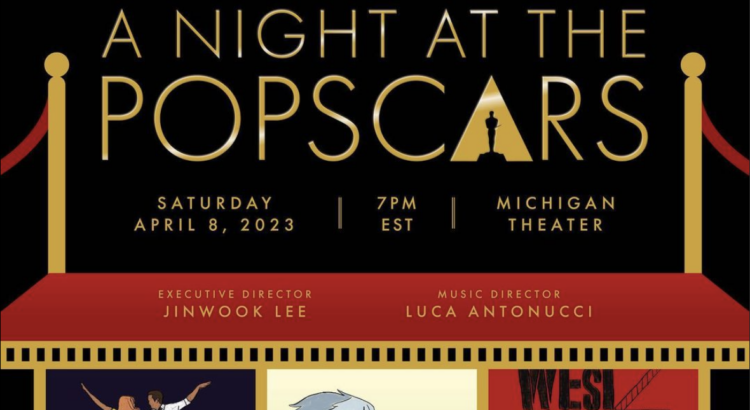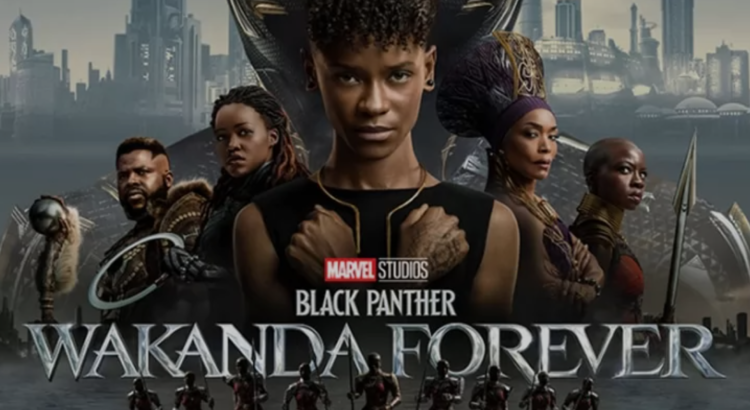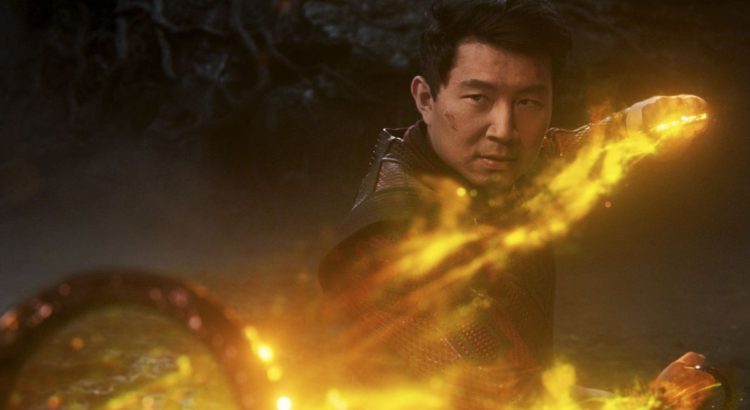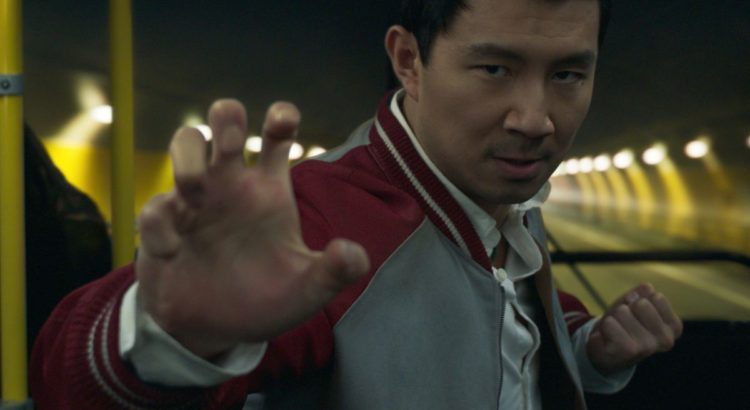In all whopping 134 minutes of this film, neither the word “Licorice” nor the word “Pizza” made an appearance. According to the movie’s Wikipedia page, the name comes from “a former chain of record shops in southern California.” I’m convinced that in reality they had no idea what to name it and chose something random, which is fine by me. “Licorice Pizza” is much more memorable than “134 minutes of vignettes strung together concerning the messy lives of two messy young people in Encino, CA in the 1970s to the tune of some BANGIN’ David Bowie tunes.”
This movie was hilarious. Pure comedy, but it wasn’t the in-your-face kind. I could not stop grinning throughout the entire thing. It was just so nostalgic.

Let’s start with the good:
Many coming of age films are bittersweet for me because they make me feel like I haven’t lived enough life. On-screen teens often go on wild romps through their towns, make messy and theatrical mistakes, and lie side by side underneath the stars talking about life. I never went on wild adventures or made many sparkling memories in high school. Those movies have me leaving the theater feeling a little bit of regret, like I’ve missed out on something in my life.
 This movie, conversely, made me feel like there’s a lot of life left to live and a lot of new things to learn – and I can’t wait to live and learn. It made me feel like a main character. After the first conversation between the protagonists, I felt as though I had known the characters my entire life. I could relate to so many of the feelings and emotions and beliefs underneath their actions. The camera angles, the story, and the dialogue all create this perspective in the movie that invites the audience to experience all the messiness and stupid decisions WITH the characters with empathy, rather than looking down at them with ridicule. We bemoan messiness in our own lives but then love to see it played out on the screen, which makes sense. No one likes watching a movie about perfect people without flaws. That’s why the Mr. Rogers documentary is only 95 minutes long.
This movie, conversely, made me feel like there’s a lot of life left to live and a lot of new things to learn – and I can’t wait to live and learn. It made me feel like a main character. After the first conversation between the protagonists, I felt as though I had known the characters my entire life. I could relate to so many of the feelings and emotions and beliefs underneath their actions. The camera angles, the story, and the dialogue all create this perspective in the movie that invites the audience to experience all the messiness and stupid decisions WITH the characters with empathy, rather than looking down at them with ridicule. We bemoan messiness in our own lives but then love to see it played out on the screen, which makes sense. No one likes watching a movie about perfect people without flaws. That’s why the Mr. Rogers documentary is only 95 minutes long.
The visuals were stunning and so warm. The 35 mm film made an extremely noticeable difference and it felt like I was transported back in time. And the actors looked like REAL PEOPLE. They had blemishes on their faces! In the gorgeous closeups, you could notice their slightly crooked teeth! It was glorious!

Now for my critiques:
The ending of the movie felt rushed and left me feeling unsatisfied with where the characters’ development left off. I would say the ending is the weakest part of the screenplay.
There’s a 10-year age gap between the main characters. They discuss this in the movie but don’t outright condemn it. I don’t really understand the need for such a large gap to the movie’s plot, and it’s something that made me uncomfortable.
There’s a weird few scenes where a white man does an impression of a Japanese woman’s accent for comedic purposes. They were not that funny and could’ve been completely cut out of the film with absolutely no difference! So they should’ve been cut out! That’s my 2 cents about the matter.
Overall, I would recommend anyone go see this movie for the dreamy 70s CA filmography, well-written characters, and fantastic soundtrack. The film is not without its flaws, but I would say the enjoyable parts outweigh them.














